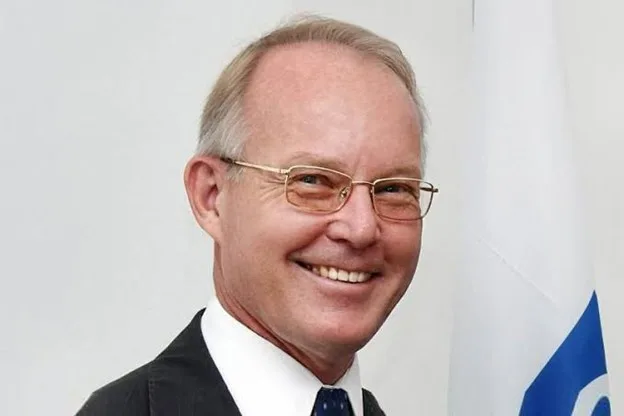Between 2011 and 2016 I was serving as the Norwegian Ambassador to Kosovo. We were supporting the Women’s Caucus of the Assembly of Kosovo, the leading women’s MP organization in the region. It was important to support the women caucus so that they could show to other women that they can deliver political and practical results, as the best way of empowering them. Delivering long—lasting and tangible results for women meant that we might have to do something outside the legislative system. The idea came up about women’s health issues. Breast cancer was a major problem that had touched so many
families in Kosovo. There was no preventive action being taken, so we started thinking about raising money for a mobile mammography unit. If we could help women detect cancer early, especially in vulnerable age groups, we would be making the difference between life and death. The mammography unit had to be mobile to visit women in remote areas. This is a problem especially in Kosovo—there are so many women in isolated villages who can’t find or afford transportation to medical centers in cities. We needed to have a mobile mammography unit to travel across Kosovo to provide screening services to women from all communities, regardless of location or ethnicity, so that no one would be left behind. It would offer the same service, throughout Kosovo, to all communities. The women MPs were very committed to this idea. We needed about 265,000 Euros for the project, and as Norwegian Ambassador, I gave the first donation of around 75,600 Euros. But we needed someone to administer the funds. The Women’s Caucus didn’t have the capacity or the desire to do that, not wanting to risk any accusations of funds mismanagement, and neither did the Norwegian Embassy. I was looking for an organization able to take this responsibility. We had several projects with KCSF. They had a solid project management system in place, they had been trained according to EU standards in project implementation—they were professional and they could do it. I talked to Venera and she jumped at the opportunity. KCSF offered to manage the funds and the procurement process on a completely voluntary basis. I hadn’t heard of any other organization doing anything similar, this really was a gesture of civil society at its best. The best thing was that this very charitable approach managed to mobilize so many people—it wasn’t just institutions funding anymore, there were over 40 individuals who had given their own private money for the cause. The process was managed very well and with full transparency, and all the donors felt they were being informed on everything, on time. It turned out to be more time consuming than the KCSF team expected, Fidan had his hands full with trying to make sure everything was running smoothly, but we made it. We got the truck, everything was installed, and we had a big launching event outside the assembly building. There were some hiccups in the beginning, but we managed to resolve them. Little by little, the truck started operating. The whole initiative was such a wonderful display of humanity. Women MPs from all parties came together, in support of women from all communities, with funding from all kinds of donors. Until the process was handed over to the Ministry of Health, KCSF was regularly sending us statistics of how the check—ups were going, and just in the first year, the results were staggering. In just one year, we’d already saved lives.
